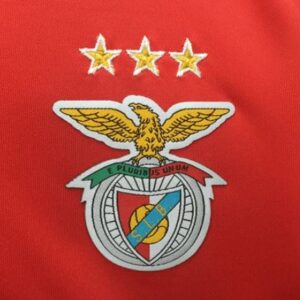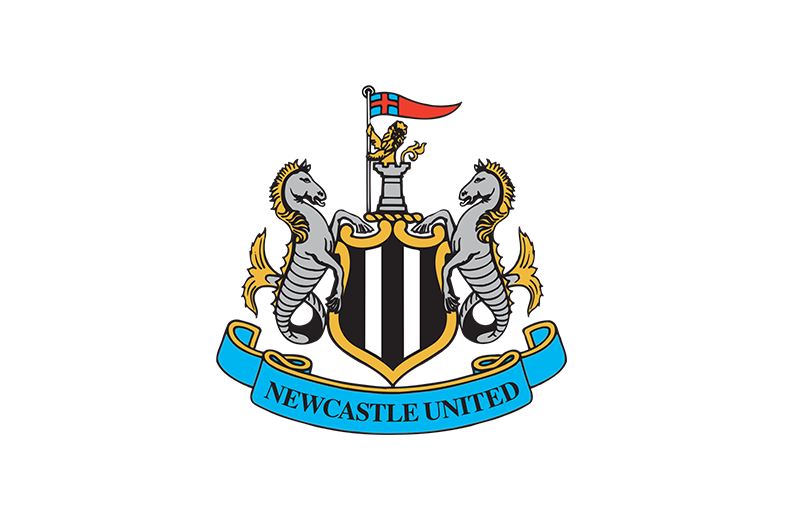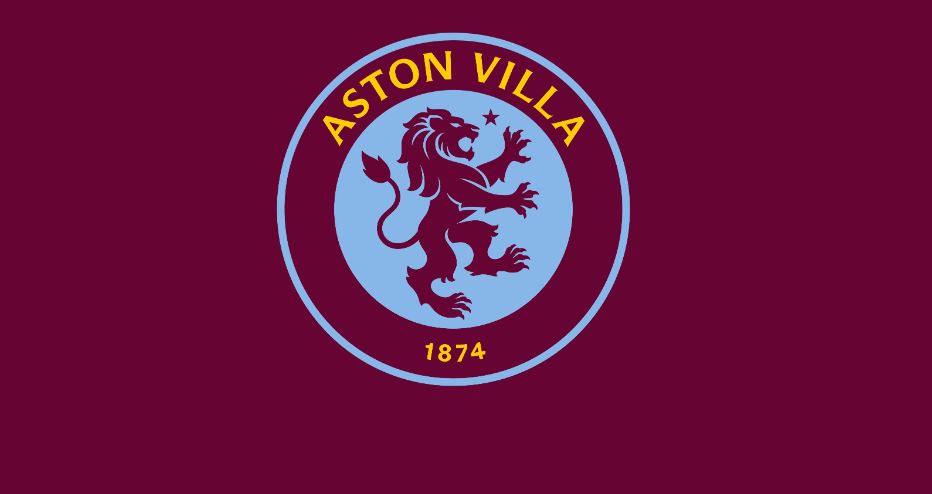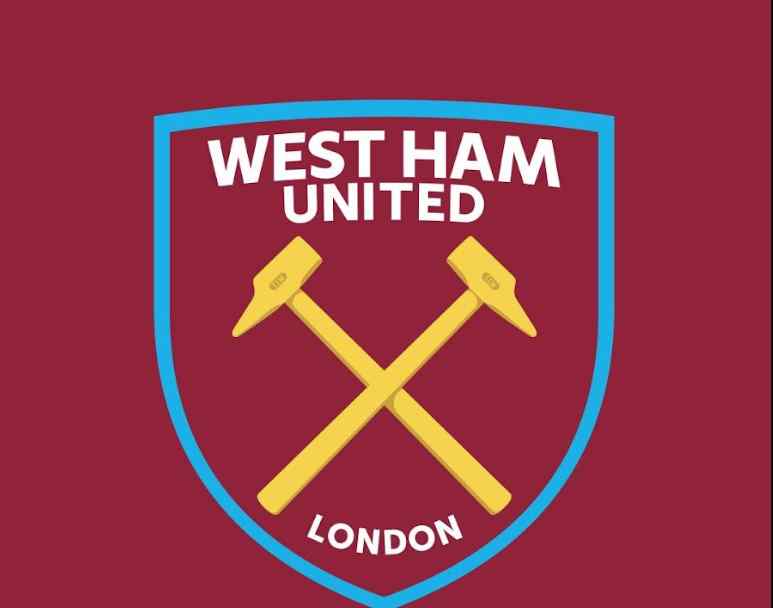Ghana has been a powerhouse in African football, consistently producing players who compete at...
S.L. Benfica, one of the big three clubs In Portugal made history, completing two...
Chelsea Football Club is a professional soccer team based in Fulham, West London, England....
Arsenal F.C. boasts an impressive record in football history. With 13 League Championships, they...
As the Premier League action heats up week after week, it’s easy to get...
Newcastle United Football Club nicknamed “The Magpies” is a professional football club based in...
Aston Villa Football Club is a professional football club based in Birmingham, England. Established...
This post provides a list of West Ham’s biggest rivals In the Premier League....
Chivas, one of the ten founders of the Liga MX is one of the...
Orange is a vibrant color, and It’s often chosen for its visibility and uniqueness...










